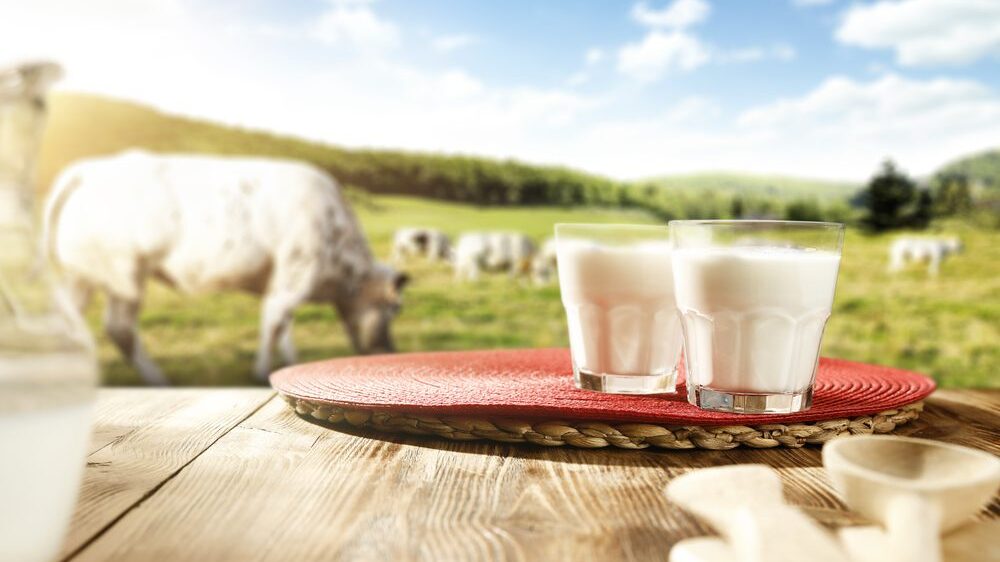The EU Parliament decided this past week that EU money shouldn’t be used to buy plant-based ‘milk’ for school cafeterias.
The EU Parliament approved updates to the Farm to School scheme on May 8th with overwhelming support for the agricultural committee’s pro-milk report.
Though a seemingly minor issue, the question of whether or not the EU’s Farm to School scheme should equally fund almond milk and cow’s milk touches on what are, for many farmers and ecologists, existential questions of the future of the EU’s environment and farming policies.
The Farm to School scheme provides subsidies for meals served at schools, an important market for agro-food products, to support EU farmers and their produce. It also includes educational components, such as teaching children about nutrition and where their food comes from.
As long-standing EU funding schemes get reshaped to align with the goals of the Green Deal, Farm to School has inevitably been roped into the tug-of-war over addressing environmental issues in the bloc, as well.
Regarding school lunches, the fight has largely centred on milk, with the Directorate-General for Health and Consumers and ecologists pushing for so-called plant-based or alternative ‘milks’ to be included in the scheme on the grounds of “sustainability.” Consumer interest in plant-based beverages has grown significantly in recent years.
But parliament objected to equating plant-based beverages with milk and giving them equal funding. Romanian socialist MEP Carmen Avram, who led the effort on the own-initiative report, explained to The European Conservative that alternatives to milk in school meals will be funded under the scheme for children with dairy allergies as long the products meet the other requirements of the program. The parliament’s report stipulates that “fruit, vegetables and dairy products to be distributed in EU schools should be unprocessed, without added sugar, fat, salt or sweeteners, organic, produced locally and with quality indications.”
“The whole report has been intensively negotiated,” Avram also told The European Conservative.
When asked about accusations that the report was protectionist of dairy farmers, Avram responded:
If building a compromise which passes the vote of the majority while respecting the regulatory framework is, in someone’s view, protectionism, allow me to consider it fake news and disinformation.
While ecologists have denounced the parliament’s stance on milk as protectionist, Copa Cognac, the EU’s largest farmers association hailed the report and called on the council to follow parliament’s lead in updating the scheme.
“To remain credible, this program had to remain factual and avoid being a gateway to ideology. MEPs have ensured that plant-based drinks will not enter the scheme despite heavy pressure to do so,” it said in a press release. “Besides, as they are mainly produced with non-European inputs (which goes against the principle of the “short supply chain”), these products are not substitutes for dairy products.”
“We also welcome the indication of a strong market-driven approach for organic consumption,” the organisation stated.
To boost buy-in for the scheme, which lost participation between 2017 and 2022, the report also calls on reducing bureaucracy, increasing funding for educational elements, and allowing funds unused by one member state to be used by others, as participation in the scheme varies widely between countries.





